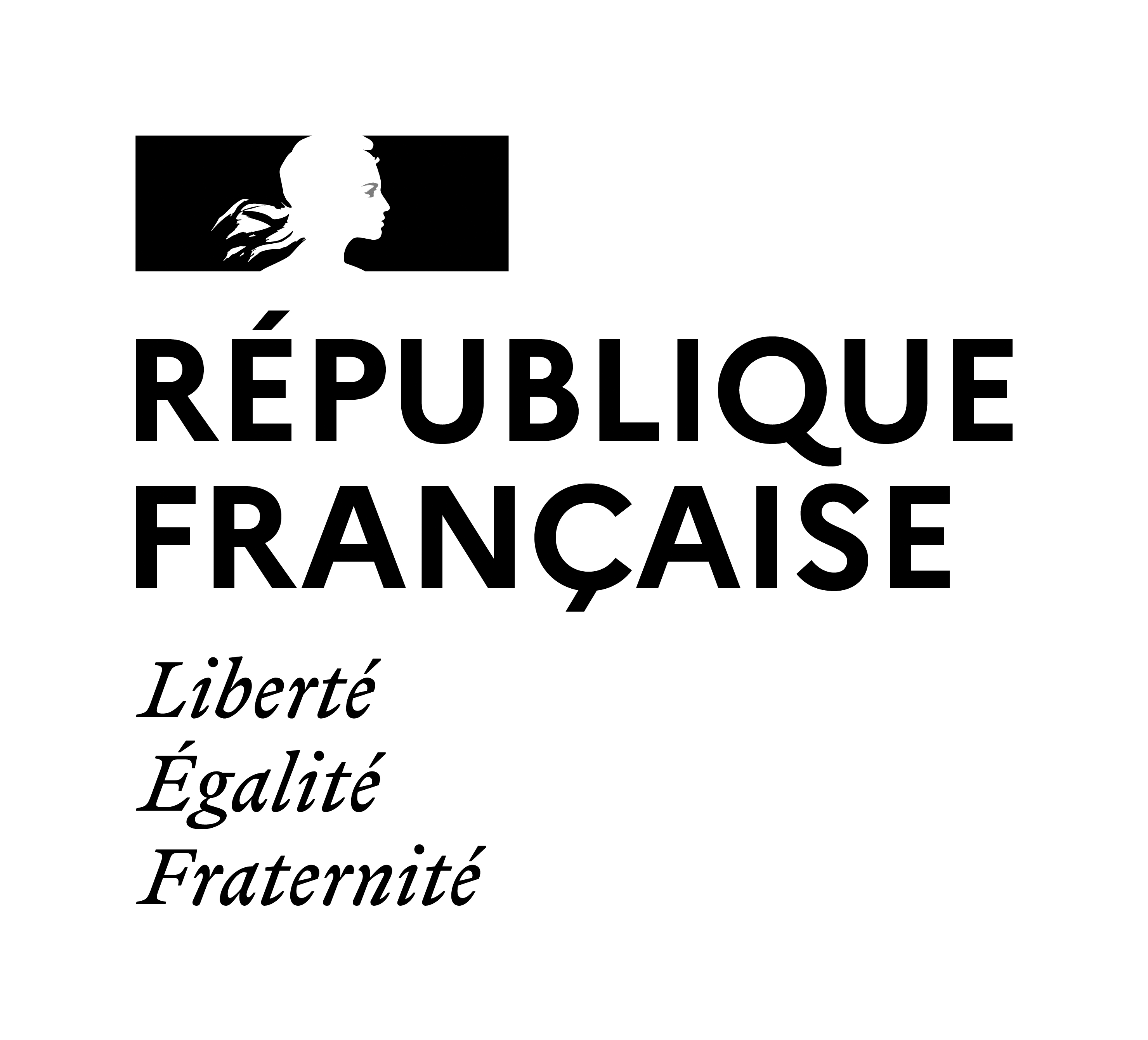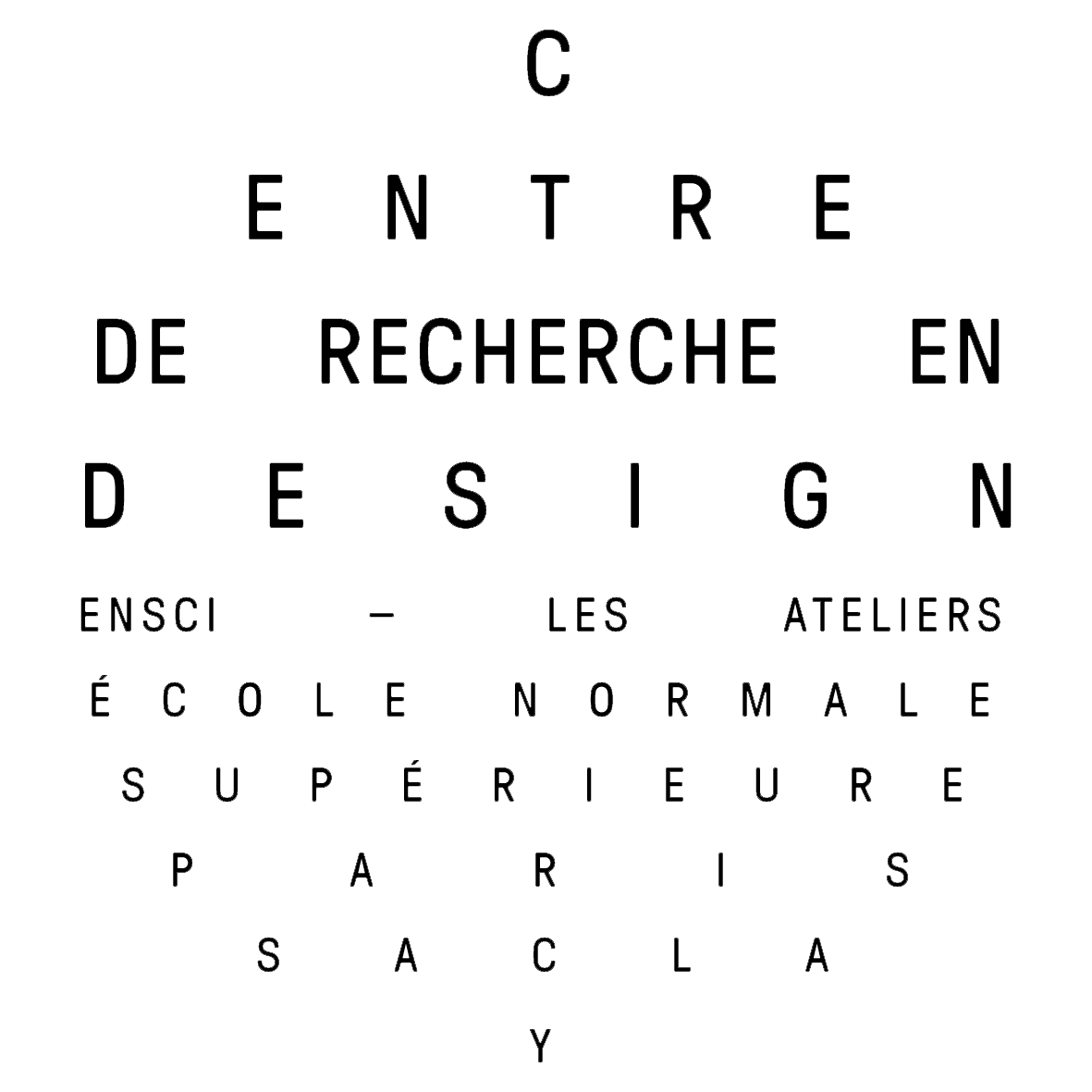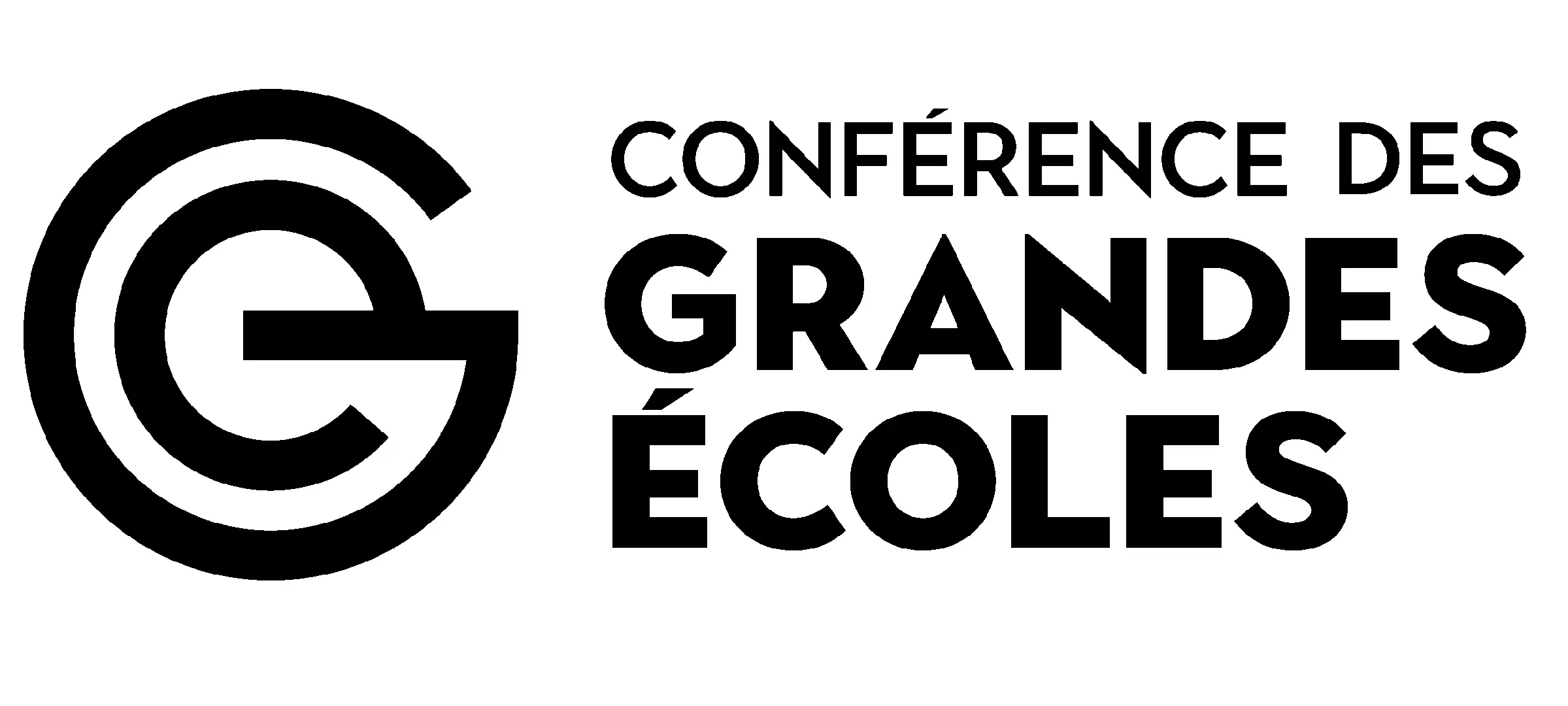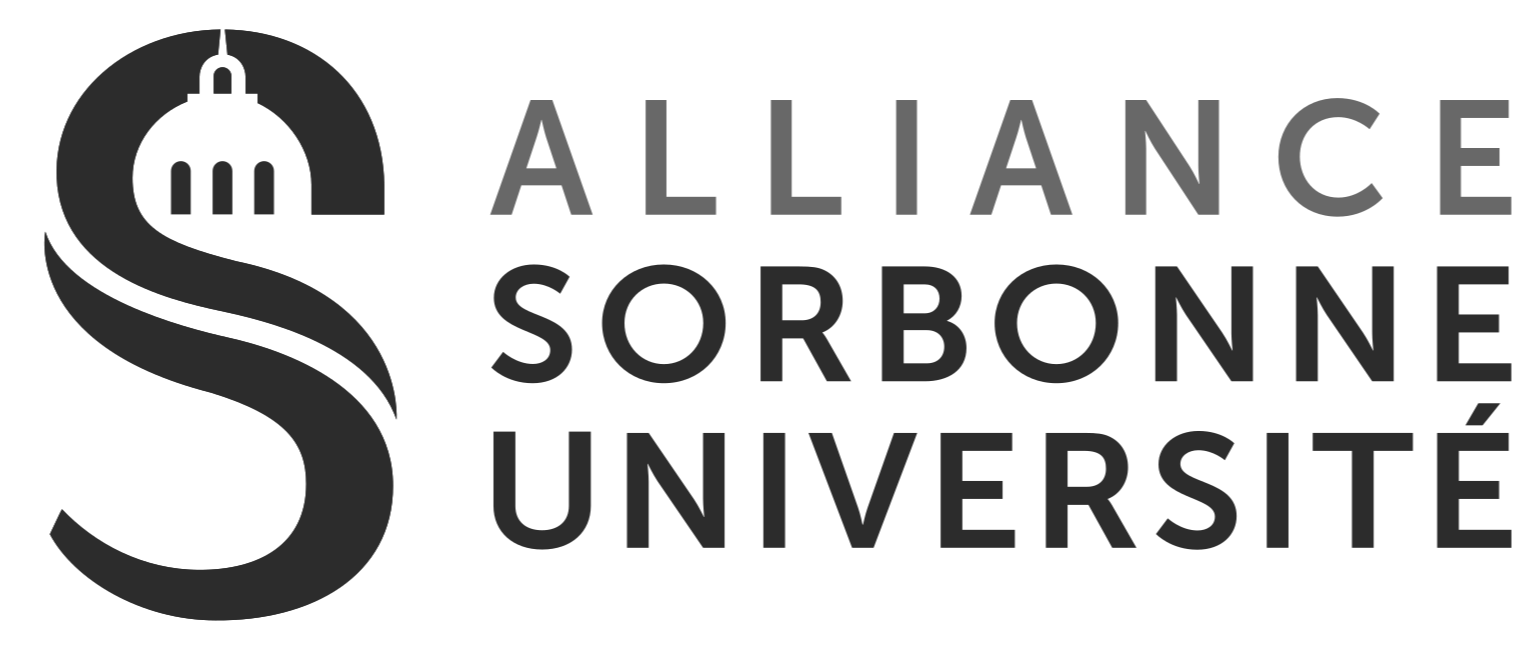FAQ
CONTACT
What’s the difference between « ENSCI » and « Les Ateliers »?
ENSCI is the acronym of “Ecole nationale supérieure de création industrielle”, which we translate as the “French national institute for advanced studies in industrial design”. Within the French education system, ENS in the name signifies that the School is a state run, highly selective institution, mainly providing master and research-level studies.
« Les Ateliers » is the school’s nickname, principally used outside France.
This nickname represents the space rather than the institution, an 11,000 sqm loft space in central Paris, previously made up of specialist crafts workshops working for Jansen, the decorative arts company. “Les Ateliers” echoes the traditional values of skill exchange and complementarity necessary for project teamwork, in both creative making and creative thinking.
Could you tell us more about the history of the School?
The school was opened in 1982 under the auspices of the Mitterrand government.
As distinct from existing design programmes in France at the time, Les Ateliers was created as an independent institute. Seeking to broaden the traditional art & design school model, the education system was custom-designed. The objective was to create a platform of learning for what was seen to be an emerging profile of creative professional. It was hoped that broadening vision, experience and skills and developing the capacity to deal with complexity would extend the role of design and stimulate creative thinking within French industry and infrastructure.
The project was a courageous one and well ahead of its time. Initially considered to be an experimental project, Les Ateliers quickly received recognition and acclaim within the international design community. Today the innovative programme structure - based on diversity of student profiles, personalised study pathways, project-based learning and the interplay between creative, academic and professional input - remains fully adapted to the needs of contemporary design education.
Is « création industrielle » the same thing as « industrial design »?
Despite the school’s international ambitions, at the time, it was unthinkable to use an English term in the title. “Creation industrielle” has become an open-ended term, which has evolved with changes in the design profession over the past 30 years. The notion of an act of “design” (no verb exists in the French language) could be expressed by “creative project intelligence”.
Initially the term “création industrielle” also saluted the joint commitment of the Ministry of Culture and the Ministry of Industry to the financing and running of the School. It signals the ambition to prepare students for “real” professional life (through industrial partnerships, professional internships etc.) whilst respecting the fine balance between academic and practical (project) experience.
All terms have evolved enormously since the founding of the school.
Why do you offer Master-level Studies only?
At the creation of the School in 1982 the ambition was to gain recognition as an advanced-level programme within the French education system thus contributing to increased prestige and visibility for the design profession itself, nationally. Students selected for study at ENSCI-Les Ateliers must demonstrate their ability and commitment for long-term advanced studies.
Though no intermediary or Bachelor degree exists, the programme is nonetheless divided into “phases” (2+2+1) which act as indicators of progression throughout each student’s study pathway.
Many of the French Grandes Ecoles have chosen to safeguard the traditional five-year integrated Master track, despite the changes in EU education structures introduced by the Bologna Bachelor-Master-Doctorate (BMD) system.
What is a « Grande Ecole »?
The School is a member of the prestigious Conférence des Grandes Ecolesnetwork.
The French system of higher education is characterised by the distinction made between large universities and small, highly selective “Grandes écoles” (ENS…). In contrast to the university system, entry to these “schools” is via a competitive selection process and often for integrated master studies (5 years). In France these are considered as the élite schools. However, any student wishing to pursue doctoral studies after his / her Grande Ecole master “diplôme” must also be enrolled in a university research lab (“école doctorale”).
Do all students study for five years at Les Ateliers?
ENSCI is mainly known for its five-year Master-programme in “creation industrielle” or "design textile".
Four different entry categories are available, representing different forms of previous experience.
Study paths therefore vary in length but not in structure.
The majority of project groups and classes are mixed and little distinction is made between entry year groups. As each student follows an individualised study path (parcours individualisé) the system is constructed around personal tutorials and six-monthly assessment juries, structured within three study phases - Initiation (I), Development (II), Degree (D).
All students are expected to develop a personal design profile, interest or field of work. Care is therefore taken to select students with very different backgrounds, visions and skills. An interdisciplinary student body is a precious resource for stimulating skill and knowledge exchange and preparing the ground for future professional team working.
What kind of professional experience do your students gain during their studies?
The Les Ateliers’ study programme strives to reflect the constant evolutions in visions of industry, innovation and design practice and to expose each student to a multitude of project contexts, design, and related fields of knowledge. This implies working with a wide range of French and foreign designers, industry professionals and non-design experts, either within the school or invited for projects, seminars, conferences and juries.
How closely do you work with companies?
The School has close links with business and industry and students benefit from numerous opportunities to experience real-life professional demands, both in France and abroad. Most project studios run partner projects, for example – CEA (Technological Research), EDF (French electricity), The Pompidou Centre, French Telecom, Hermès, Legrand, Orange, Leroy Merlin, the RATP (Paris public transport), Renault, SFR, Dassault Aviation, and the SNCF (French rail). In addition, several international workshops are programmed each year (Sony, Kenwood Design (Japan), STBY, IDEO etc).
All students are required to gain hands-on internship experience in France and abroad.
How do you handle trans-disciplinarity within your programme?
Learning in the school, both academic and project-based, is not separated into different thematic areas. Design, by its very nature, is an activity that calls on many different experts - including user-experts.
The School was founded on the principle that design disciplines would evolve, merge, overlap and possibly disappear… and that its students would need to acquire the flexibility to adapt to change and to apply their art to hugely different project contexts. This vision is supported by a body of students selected from an extremely wide range of backgrounds.
From the offset of their studies students experience a variety of project contexts and discover the real impact of a trans-disciplinary approach. Each project partnership calls on their flexibility, interdisciplinary skills and the ability to work in teams with outside experts.
Recently, several joint programmes and double degrees have been added to the main programme allowing students to create new academic and professional profiles: Design & Science; Design & Engineering; Design & Architecture; Design & Marketing…
Do you offer post-graduate studies?
ENSCI-Les Ateliers delivers two advanced Master’s degrees in industrial design and textile design and also offers a series of “Mastères specialises”, specialised post graduate diplomas (equivalent to 6+ study years): Creation et Technologie Contemporaine (CtC Design & contemporary technology); Sustainable Innovation By Design (IbD for non-designers); the Master design research with ENS-Paris Saclay / ENSCI. Since 2020, a Master of Science Biomimicry and design to address a changing world Nature Inspired Design (NID)
These programmes offer 450 hours of theory combined with an internship and personal project. They are accredited by a special commission of the Conférence des Grandes Ecoles. All are open to both French and foreign applicants. However, French is a pre-requisite.
ENSCi-Les Ateliers is a founding partner of the MEDes (Master of European Design) programme.
What is the Master of European Design?
The Master of European Design (MEDes) is a unique network of six leading European design schools.
This ‘nomadic’ programme offers students the opportunity, during the five-year programme (2+2+1), to experience three design education systems and to be part of a strong international community. This diversity of academic and professional experience provides them with different approaches to design, multi-national perspectives and sensitivity to cultural difference.
Certain partner schools allow students to apply directly for a specific MEDes degree track. At ENSCi, students are selected to join the MEDes after completing their first year of studies, for a first exchange year in September of their third year (ie. Phase II).
Once a year, all MEDes staff and students gather in one of the partner schools for a week’s seminar. This is an essential part of the MEDes. It offers students the opportunity to exchange experiences, to work together, to contribute to improving and promoting the programme – to belong to the MEDes community. During this week the MEDes Board treats management and development issues and organises student flows for the year ahead. Student selection for first year exchange is based on recommendation from the sending school and folios. Selection for the second year exchange is based on folio work and an individual exposé presenting objectives and ambitions for joining the chosen partner school for 4th year study.
Each Institution participating in the MEDes network offers a full 5-year master study experience. As the MEDes specialisation includes two years abroad in two different partner Institutions, graduating MEDes students receive a Diploma Supplement with the MEDes mention.
The MEDes is an English-speaking programme. However, all students are expected to learn at least one other local European language. It is not possible to study at ENSCI without a grasp of French.
Members of the MEDes programme:
- GSA - Glasgow School of Art, Glasgow, Scotland
- KONSTFACK, Stockolm, Sweden
- KISD - Köln International School of Design, Cologne, Germany
- Aalto University – School of Arts, Design & Architecture, Helsinki, Finland
- Politecnico di Milano, Milan, Italy
- Aveiro University, Portugal
- ENSCI - Les Ateliers, Paris, France
Why is the final degree presentation so important within the school?
The Diplôme (degree) presentation is public, lasts over two hours and consists of three distinct parts. As each student follows a different study path and development process through the School, it is important to illustrate this influence as an introduction to degree work. The second part corresponds to a “viva” thesis presentation and critique and is often accompanied by an explanatory video. The third part is dedicated to the final project, calling on a multitude of visual / audiovisual / material supports. The development of the project often depends on a team effort, thus demonstrating the graduating student’s aptitude for leading a complex design project.
Is there any connection between the Textile Design (DT) and the Industrial Design / Creation industrielle programmes?
The Design Textile programme (previously known as the ANAT, Atelier National d’Art Textile) was founded in 1976 at the Manufacture des Gobelins, and moved to ENSCI-Les Ateliers in 1985. The ANAT’s initial mission was to develop research in the field of textile craft and design. By joining ENSCi, the idea was to enhance the specialist textile approach by integrating the programme into a broader creative dynamic and offer new contexts for creativity to the industrial design students.
The textile school (DT), specialised in constructed textile (weaving, knitting, printing), has since become an integral part of ENSCI-Les Ateliers. Entry criteria and diploma protocol retain their singularity, but students work together on many projects and share classes.
The 5-year programme is open to students with previous artistic (multidisciplinary) studies and leads to a Design Textile master degree. Selection is based on individual creativity, autonomy and the capacity to innovate. The annual intake is around 10 students. Graduates work in highly diversified sectors of the textile industry.
As design frontiers become less defined, opportunities for cooperation between textiles and technology have greatly increased and today the textile school finds itself at the very forefront of changes in the design profession.









